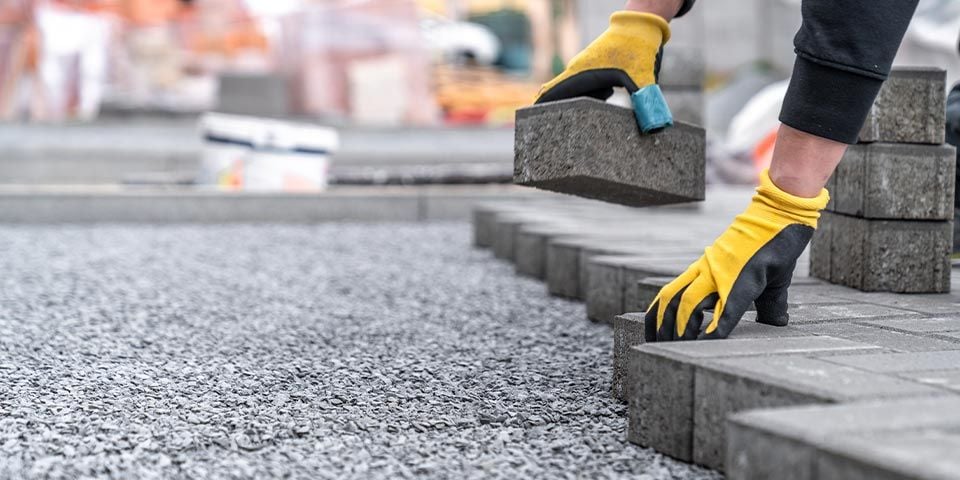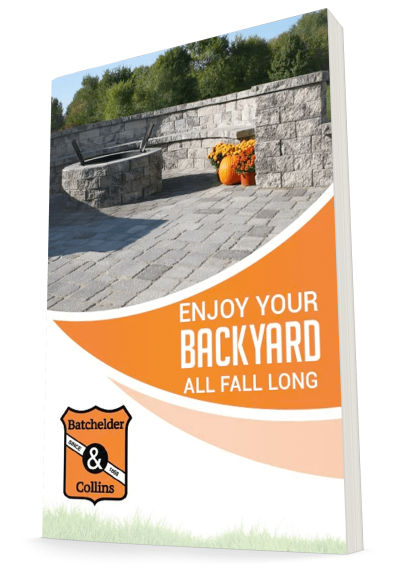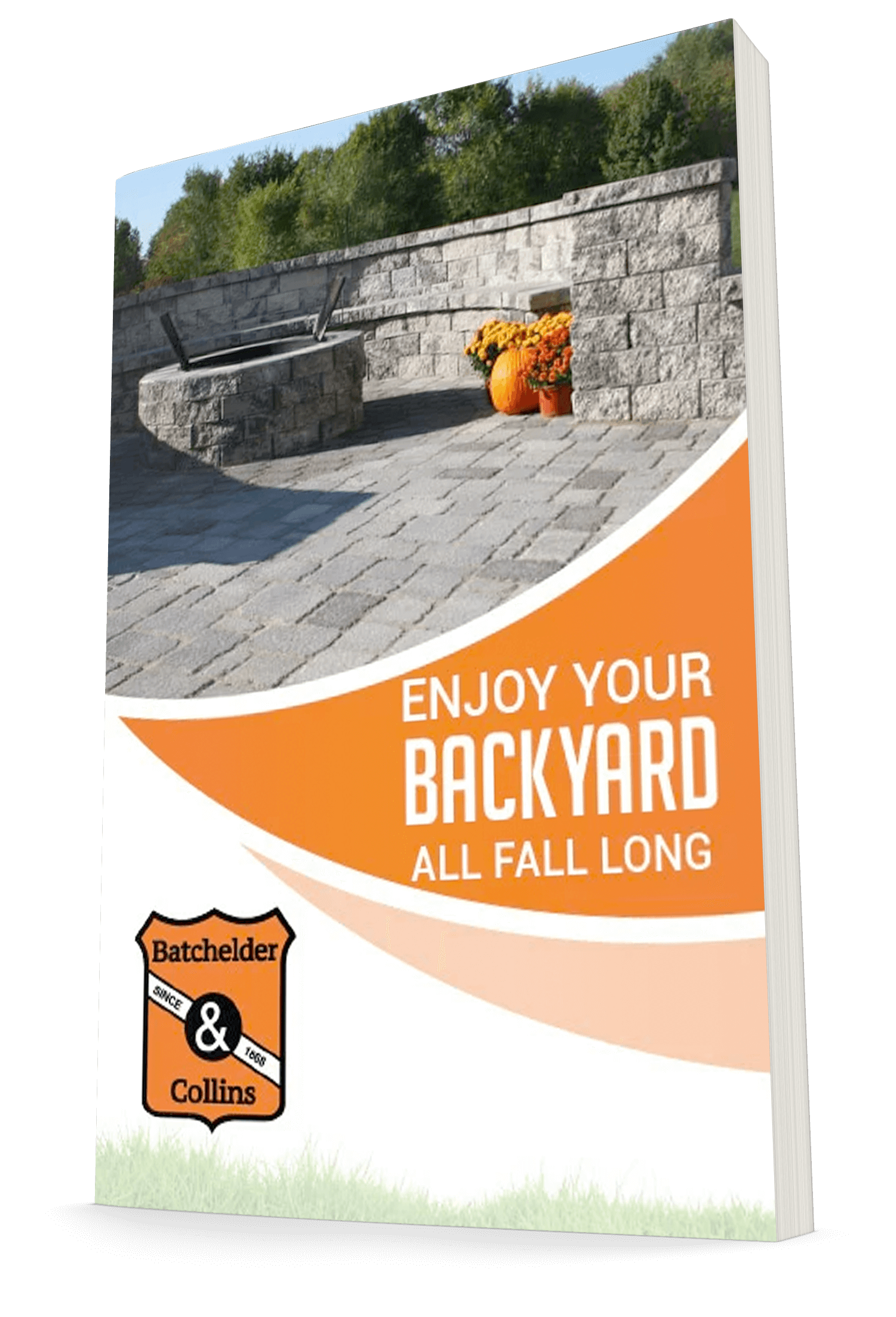Homeowner’s Guide to Thin Brick Flooring

Thin brick, also frequently referred to as brick veneer flooring or brick tiles, are slim, high-density bricks that are designed for both interior and exterior use.
They give any space a warm, rustic feel plus they are easy to maintain.
Thin brick flooring does also come with its cons: they can be on the pricey side to install and can be cool underfoot. But before writing brick flooring off for these reasons, allow us to teach you all about brick flooring from installation and care to pros and cons. Make an appointment at one of our showrooms to check out our flooring options.
About brick flooring
Brick tiles give a home a historic feel whether used for indoor floors or outdoors on patios, walkways, and driveways. Bricks that are used for flooring are different than those you will see in a brick wall, which are usually 1 ¼-inches thick and have holes in them that make the production process less expensive and allow for better insulation.
Brick tiles, however, are solid and made to be only ¼ to ½-inch thick. Therefore, you can rest assured that brick flooring will be a similar height to other flooring options, making transitions between two different types of flooring seamless.
Pros of brick flooring
Brick tile is a unique flooring option, so it’s important to consider both the pros and the cons before choosing to make the switch. Some of the greatest advantages of brick flooring include:
- Anti-slip: Brick tiles are naturally rougher than traditional tile flooring making them slip resistant even when wet. This anti-slip property is one reason brick flooring is popular in kitchens, mud rooms, laundry rooms, and entryways where water is commonly spilled or tracked in from outdoors.
- Durability: Brick is known for its durability which is why it’s a building material that’s been used for thousands of years. It is fire resistant and wears down slowly so that a quality brick floor that’s well maintained can last for hundreds of years.
- Eco-friendly: Bricks are made from natural, abundantly available materials that rarely need to be replaced. When the flooring does eventually need to be replaced, it can be recycled and remade from reclaimed bricks.
Cons of brick flooring
- Texture underfoot: Many find that brick flooring is uncomfortable to walk on and cold underfoot.
- Difficult installation: Installing brick flooring may not be for the beginner DIYer because they can be hard to cut and require a perfectly level subfloor to ensure a seamless installation.
Brick flooring options
As brick is made from natural materials, no two brick floor tiles will be exactly alike. Unless you paint over them with a solid color, there will always be some variations throughout the flooring. There are many tone and color options available as natural clay powders can be added to change the tone of the brick to create white, yellow, orange, black, gray or brown shades.
Brick flooring also comes with many options in size, shape, and texture as all are dependent upon the molds and finishing techniques used in their creation. From a hexagonal shape to a worn-in square, you can have any shape to create unique floors in your room or outdoor space.
The price of the brick flooring will also range depending on what options you choose. Although it can get pretty pricey, brick’s durability will make it so that you will never have to replace your floors.
Brick flooring installation and maintenance
Brick flooring installation is very similar to the process of installing tile flooring. If you choose to install it yourself, you must start with a subfloor that is as smooth as possible otherwise, you may end up with a floor full of dents and bumps. If you are installing over a wooden surface, you’ll have to install a cement backer board to the ground using thin-set mortar first.
Choose a pattern to lay the bricks in before securing them down. Use a wet saw to cut bricks in order to fit them into small or oddly-shaped areas. Use mortar to glue the bricks to the subfloor and when the bricks are fully laid, use mortar or sanded grout to fill in the space between each brick.
Bricks are not naturally water-resistant and neither is grout. Both can be easily stained which is why it’s important to seal bricks and grout once the grout dries. For a matte surface, use a sealer that penetrates the bricks and grout to invisibly protect them from staining. For a shiny surface, use a surface sealer that will sit on top of the bricks and grout and protect them that way. Penetrating sealers rarely need to be reapplied but surface sealers will need a new layer every few years.
After sealing the brick flooring, they are easy to maintain and just require regular vacuuming and mopping.
For more information or to get started on your next brick project in the Virginia Beach and Hampton Roads area, call 757-625-2506 or use our contact page today!
Enjoy Your Backyard All Fall Long

Now is the perfect time to take advantage of autumn’s mild days to prepare your backyard for the cold months ahead. But who’s to say you can’t still enjoy your backyard, spending time with your family, and cooking outdoors all fall long.
"*" indicates required fields


